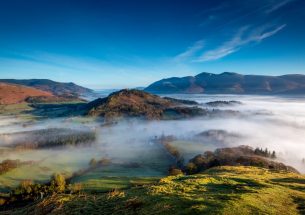News and Opinion
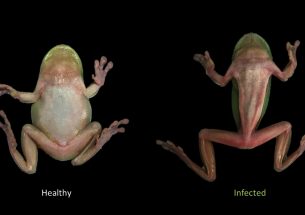
Frog pathogen has different impacts on species according to new study
READ MORE about Frog pathogen has different impacts on species according to new study
New study explores the integration of wildlife and denser populations in urban planning
READ MORE about New study explores the integration of wildlife and denser populations in urban planning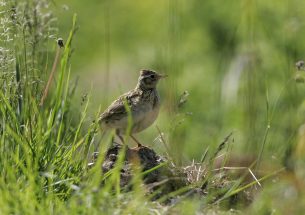
Farmland bird populations bounce back when farms devote 10% of their land to nature-friendly measures
READ MORE about Farmland bird populations bounce back when farms devote 10% of their land to nature-friendly measures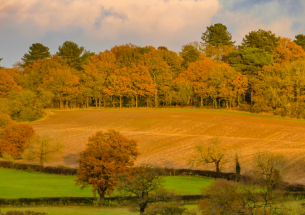
Paying farmers to create woodland and wetland is the most cost-effective way to hit UK environment targets, study suggests
READ MORE about Paying farmers to create woodland and wetland is the most cost-effective way to hit UK environment targets, study suggests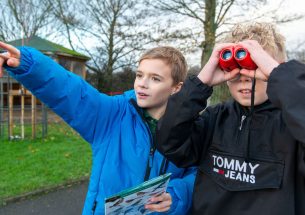
Green transformation day held at Durham primary school
READ MORE about Green transformation day held at Durham primary school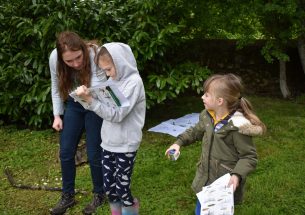
Opening school doors to nature in North East England
READ MORE about Opening school doors to nature in North East England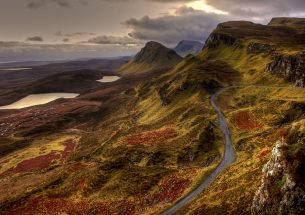
Policy Debate on National Parks in Scotland
READ MORE about Policy Debate on National Parks in Scotland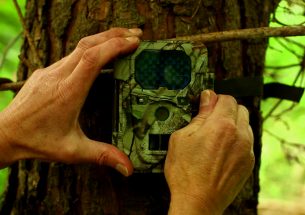
Citizen scientists wanted to help record UK’s mammal activity
READ MORE about Citizen scientists wanted to help record UK’s mammal activity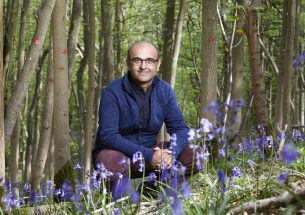
The BES signs open letter to PM on environmental deregulation
READ MORE about The BES signs open letter to PM on environmental deregulation
Flower strips and hedges combine to boost bees in orchards
READ MORE about Flower strips and hedges combine to boost bees in orchards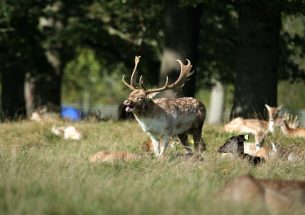
Feeding wildlife drives artificial selection of harassment behaviour
READ MORE about Feeding wildlife drives artificial selection of harassment behaviour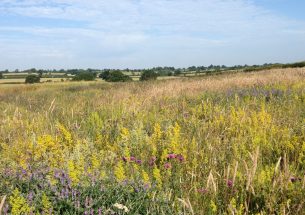
Agri-environment measures boost wildlife populations in long-term farm study
READ MORE about Agri-environment measures boost wildlife populations in long-term farm study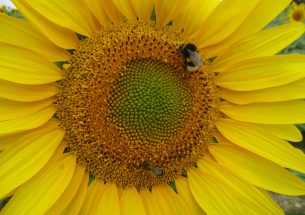
Agri-Environmental Strategy Could Boost Crop Productivity and Pollination
READ MORE about Agri-Environmental Strategy Could Boost Crop Productivity and Pollination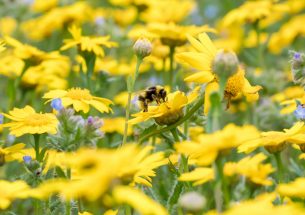
Multiple habitats need protecting to save UK bumblebees, finds 10-year citizen science study
READ MORE about Multiple habitats need protecting to save UK bumblebees, finds 10-year citizen science study